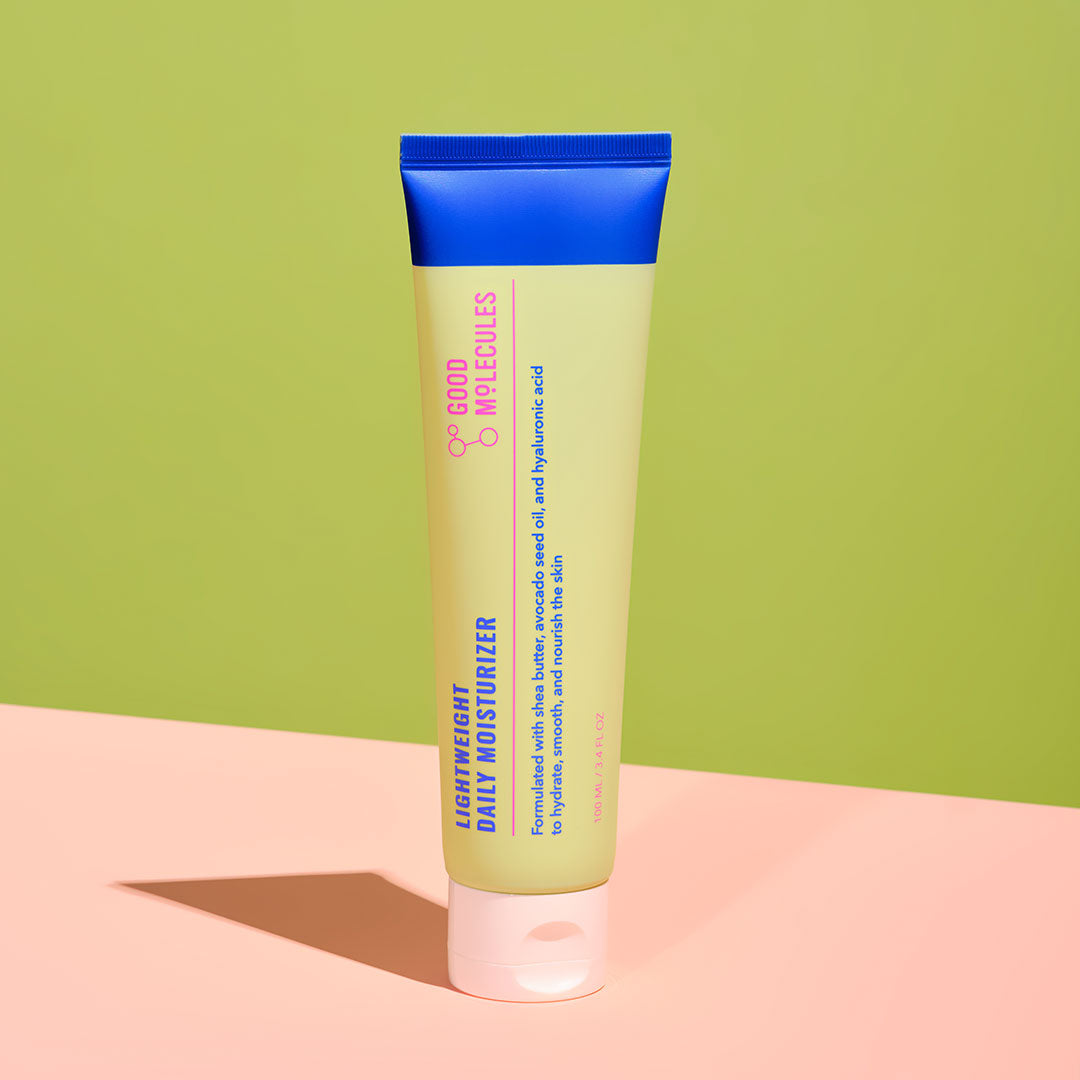Crepost Insights
Exploring the latest trends and stories in the world of news and information.
Moisturizer Meltdown: Why Your Skin Craves Hydration
Unlock your skin’s true potential! Discover the shocking reasons behind moisture loss and how to quench your skin's thirst for hydration.
The Science Behind Skin Hydration: Why Moisturizers Matter
Understanding the science behind skin hydration is crucial for maintaining a healthy complexion. Skin hydration refers to the balance of water content within the skin layers, and it plays a essential role in preserving the integrity and appearance of our skin. When skin is adequately hydrated, it appears plump and radiant, while lack of moisture can lead to dryness, flakiness, and accelerated aging. Research shows that moisturizers act as a barrier to prevent water loss, which is key for maintaining that essential hydration, especially in harsh environmental conditions.
Moisturizers contain various ingredients designed to hydrate the skin effectively. These ingredients can be categorized into three primary types: humectants, occlusives, and emollients. Humectants, such as glycerin and hyaluronic acid, draw water into the skin, while occlusives, like petrolatum and dimethicone, form a barrier that locks moisture in. Lastly, emollients, such as shea butter and certain plant oils, help to soften and smooth the skin's texture. Understanding these components can help consumers choose the right product for their skin type. For more in-depth insight into the mechanics of skin hydration, see this study.

Top Signs Your Skin is Dehydrated and How to Combat It
Skin dehydration is a common issue that many people face, yet it often goes unnoticed until it becomes severe. The top signs your skin is dehydrated include a lack of elasticity, rough texture, and increased sensitivity. You might also notice fine lines becoming more pronounced and a dull appearance overall. Experts recommend paying close attention to these signs, as they can indicate that your skin is not retaining adequate moisture. Additionally, if you find yourself frequently needing to reapply moisturizer throughout the day, this may also be a red flag. For more detailed information, consider visiting Healthline.
Combatting skin dehydration involves a combination of lifestyle changes and skincare products. First, ensure you’re drinking enough water daily; aim for at least 8 glasses to keep your skin hydrated from the inside out. In addition, using a hydrating moisturizer that contains hyaluronic acid or glycerin can help draw moisture to the skin. It's also important to avoid hot showers and harsh soaps, which can strip your skin of its natural oils. As a final tip, consider using a humidifier in your home, especially during dry seasons, to maintain an optimal moisture level in the air. For further insights on skincare routines, you can browse WebMD.
Choosing the Right Moisturizer: Ingredients Your Skin Will Thank You For
Choosing the right moisturizer can significantly impact your skin's health and appearance. Opt for products that contain ingredients known for their hydrating and nourishing properties. Here are some key ingredients your skin will thank you for:
- Hyaluronic Acid: This powerful humectant attracts moisture from the environment, helping to keep your skin hydrated and plump.
- Glycerin: Another excellent humectant, glycerin pulls water into the skin, making it an essential component in any moisturizer.
- Natural Oils: Ingredients like jojoba oil, argan oil, and almond oil help to lock in moisture and provide essential nutrients.
For more detailed insights on moisturizer ingredients, check out Healthline.
In addition to hydrating ingredients, consider the importance of antioxidants in your moisturizer. Ingredients such as Vitamin C and Vitamin E can protect your skin from environmental stressors while promoting a youthful glow. When selecting a moisturizer, always check for fragrance-free options if you have sensitive skin, as added fragrances can sometimes cause irritation. To make the most informed choice, refer to Good Housekeeping for a comprehensive list of beneficial ingredients.